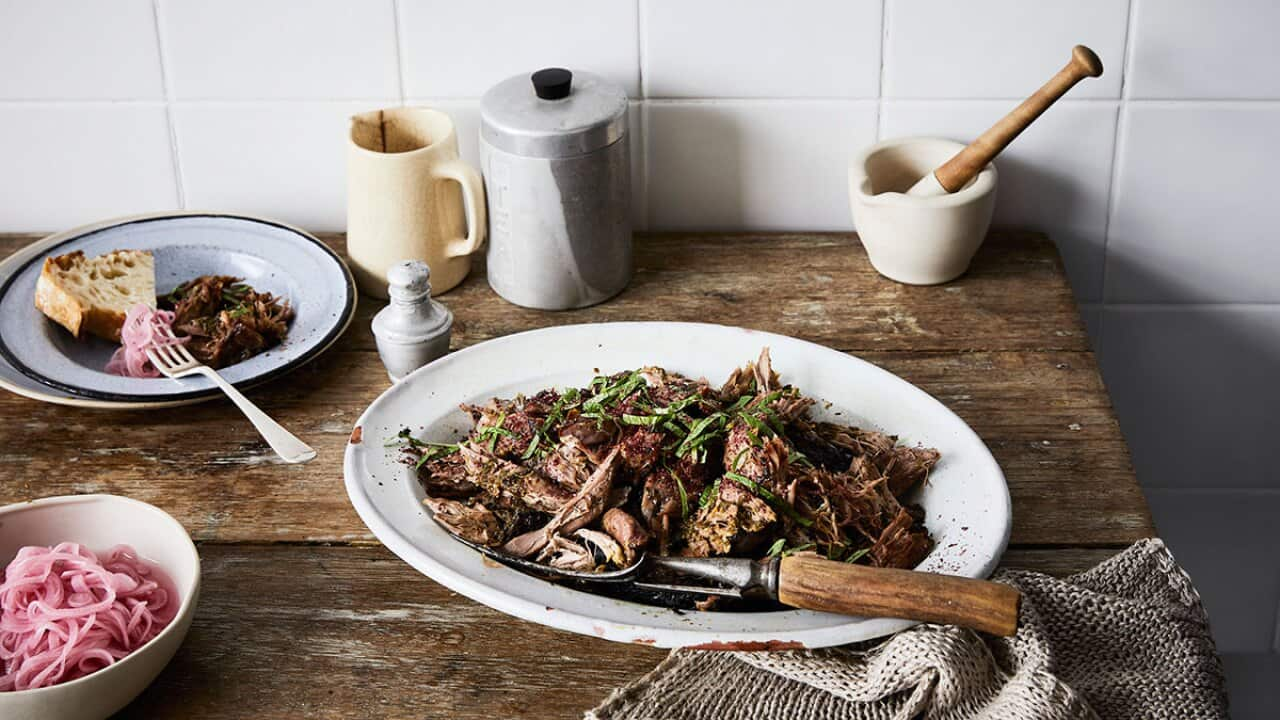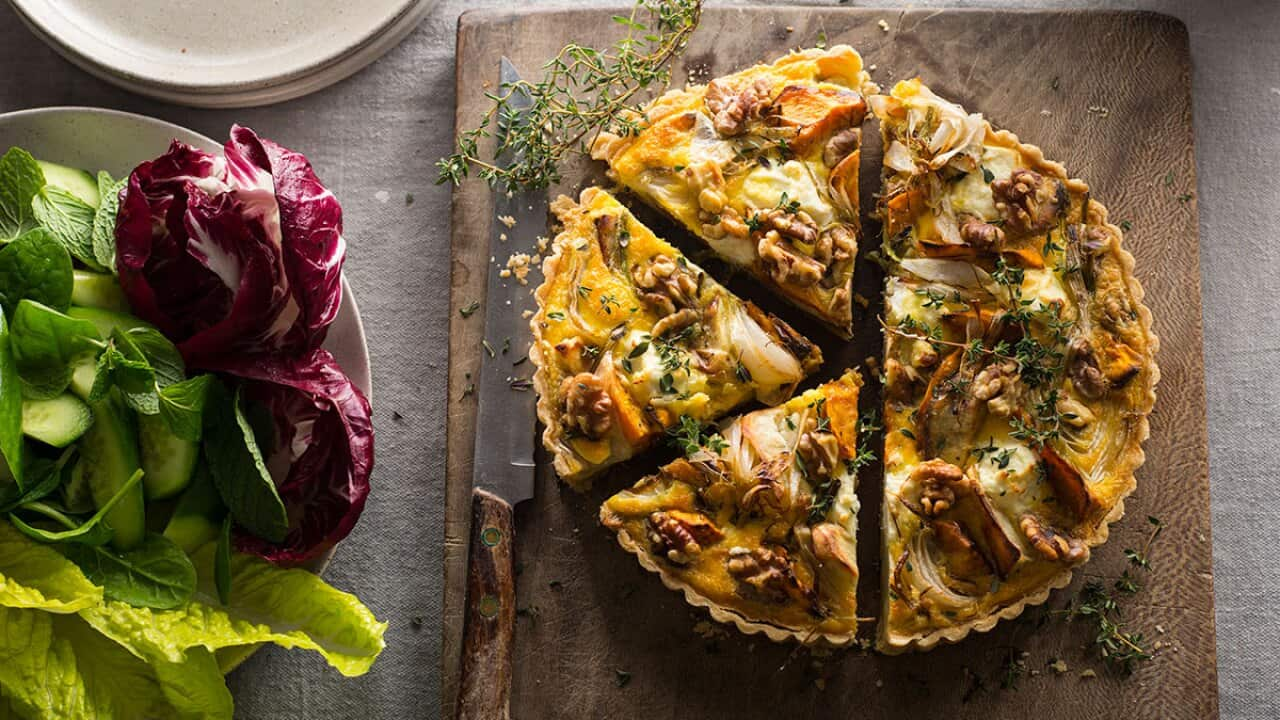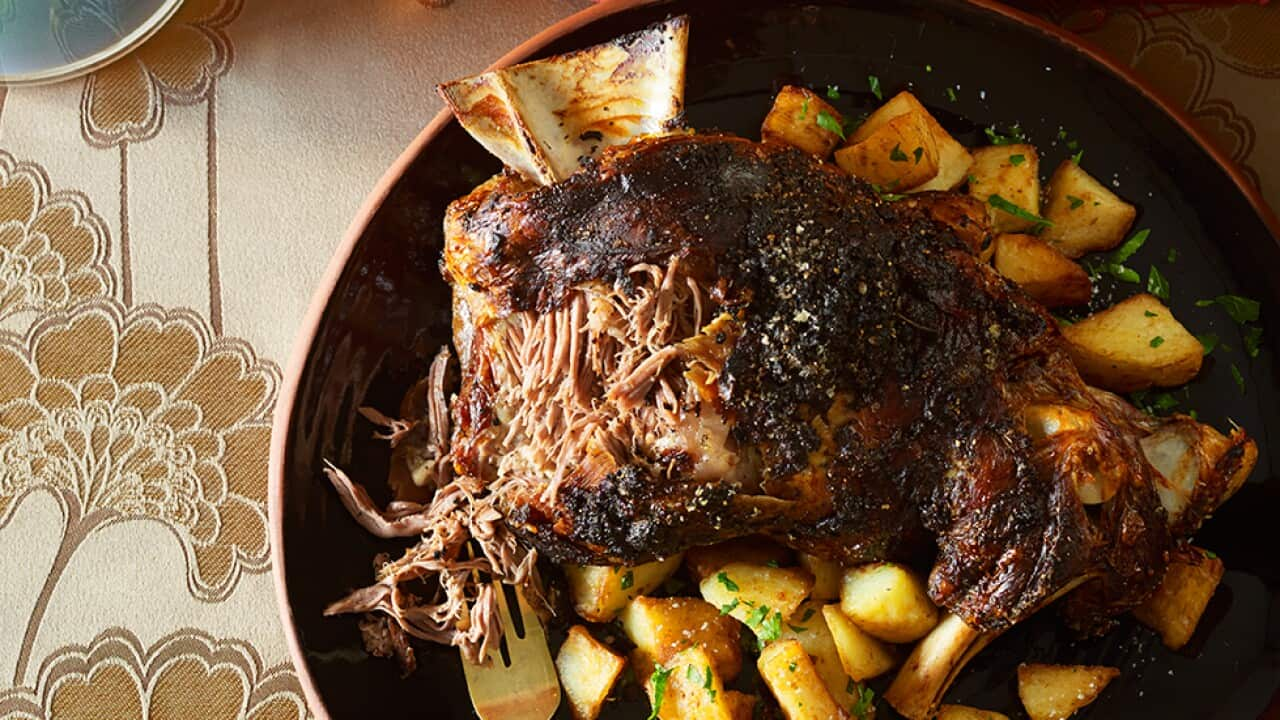The Sunday roast is an institution for many families across the globe. From Australia to the UK, families come together on a Sunday to share a meal. More often than not, this meal is centred around a joint of roast meat – traditionally lamb or beef.
The and of our diet have now become a regular discussion topic, with recommending that we reduce meat consumption and increase our consumption of plant-based proteins, fruits and vegetables. But what does this practically mean: how can we eat for health and sustainability on a day-to-day basis?
Sources advocate . Many people are resistant to this level of dietary change, however. But, as the old saying goes, every little helps. Many are opting for “meat-free Mondays” or even meat-free lunches. Messing with the Sunday roast, however, is a step too far for most. But given its focus on huge hunks of meat and energy inefficient cooking methods, it’s important to consider. So how might we create a more sustainable Sunday roast?
The main event
The Sunday roast - like most meals using animal products - has a . The joint of the meat itself can account for up to 60-70 per cent of the environmental impacts of the entire meal. This is due to the large amounts of water, land, and feed required to produce meat.
Purchasing sustainable and ethically farmed meat with lower environmental impacts can result in small (~5 per cent) environmental savings. However, to really reduce the environmental impact of meat, we need to eat less of it. So reducing the amount of meat is therefore the first step towards creating a sustainable Sunday roast.
The portion sizes for roast meats depend on the recipe used and can vary widely. Many roast beef recipes suggest between - but in the UK, dietary guidance suggests eating and in Australia, the recommend a maximum of 455 g of lean, cooked, red meat per week.
Such large portions of beef can be partly explained by the need for leftovers in traditional recipes. But in today’s busy world, leftovers can easily become food waste. In 2014, a shocking became food waste. Over half of this was totally avoidable, caused by the cooking, serving or preparing of too much food, or leftovers not being used in time. With this in mind, our sustainable Sunday roast requires small portions – say 125 g per person, meaning 50-70 g for lunch, and a manageable amount for leftovers the next day.
Turning down the heat
A further benefit of cutting meat portions for a sustainable roast is that it will have a shorter cooking time, meaning less energy to cook, and reduced associated environmental impacts. Cooking is the other main contributor to this. The oven is an inefficient way of cooking meat at hot temperatures and for long periods of time. The environmental impact of roasting a joint of meat for over an hour in an oven contributes of the environmental impacts of the entire meal.
To make matters worse, overcooking roasts – for , for example – adds further impacts through pointless energy use.
So as well as reducing the amount of meat served, we might also use new methods to cook a sustainable Sunday roast. involves cooking the joint of beef in a low heat oven or a slow cooker – until the internal temperature of the joint is between 55-60°C (the temperature that medium-done beef ) – and then transferring it to a pan and searing the joint. Depending on the energy efficiency of your oven or slow cooker, reverse searing may well have a lower impact than traditional cooking.
Cooking , meanwhile, involves placing a joint of beef in a vacuumed plastic pouch or bag, and submerging this in a heated water bath for several hours until the internal temperature of the joint is between 55-60°C. The joint is then unwrapped and placed in a hot skillet to sear its surface. Although this may sound like a lot of work, the method gives the cook total control of the texture and flavour and can use .
By combining sustainably sourced meat, a reduced portion size, and modern cooking methods, we could reduce the environmental impacts of a Sunday roast by over half.
Unfortunately, reducing the environmental impact of our Sunday roast will not hugely reduce the overall environmental impact of our diet. For this, we need to further reduce our meat consumption and increase our consumption of plant-based proteins, fruits and vegetables across all meals. In comparison to other more plant-forward meals that could be eaten, a sustainable Sunday roast has high environmental impacts. For this reason, even the sustainable Sunday roast should be kept as a special meal, and not eaten every week. The good news is that, if the Sunday roast can be made a little more sustainable, it should be possible to create appetising yet sustainable versions of other popular dishes too.
The good news is that, if the Sunday roast can be made a little more sustainable, it should be possible to create appetising yet sustainable versions of other popular dishes too.
, Knowledge Exchange Research Fellow (N8 Agrifood), . This article was originally published on . Read the .
sustainable eating

What meat should I buy?







